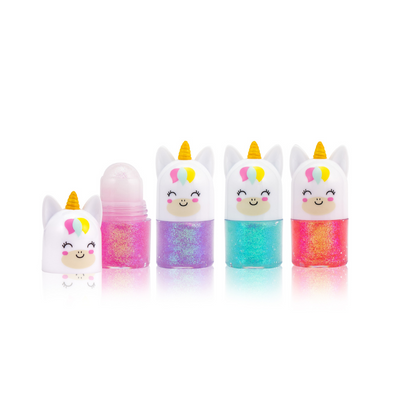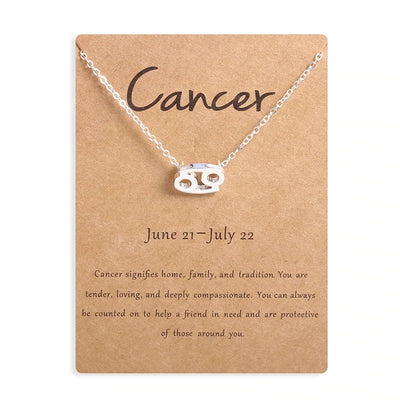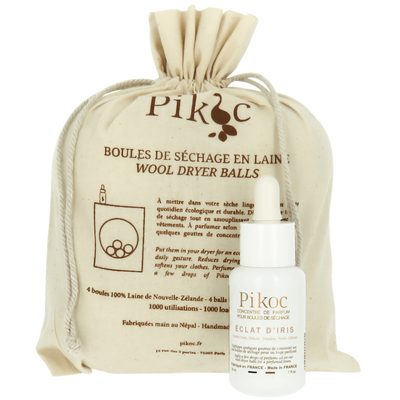This set of 3 Satake Japanese Damascus steel knives is probably the best and most optimal choice for both home and professional kitchens. These knives are made in Seki, Japan. The Japanese Santoku chef's knife, together with a utility or utility knife and a small fruit and vegetable knife, form the trio of basic kitchen knives that every kitchen needs.
The Japanese Santoku chef's knife is designed for basic kitchen work. Santoku means "three values" in Japanese, as the knife is designed for cutting and chopping meat, fish and vegetables. The small knife is designed for cleaning and chopping fruits and vegetables. The utility knife is designed to perform all other tasks when the first knives do not work. It is a useful kitchen tool that can be used for a variety of purposes, such as de-scaling fish, cutting bagels, buns, bread or meat, suitable for slicing sandwiches or small to medium-sized vegetables, chopping herbs and general kitchen work. Also great for slicing medium-sized fruits and vegetables, such as large potatoes and apples, small pumpkins and cucumbers.
Japanese knives - why should you choose them?
It is believed that the best kitchen knives are made in Japan. There are two areas here known for their centuries-long traditions of metalworking and tool making: Seki and Tsubame-Sanjo. Japanese knives are an excellent choice for those who appreciate the precision and sharpness of their kitchen knives. They are lighter, thinner and more durable than Western style knives.
Where and how are Satake knives made?
"SATAKE CUTLERY MFG. Co., Ltd." was founded in 1947. Seki in a city that is known as the "city of blades". The purpose of the company is to produce reliable and durable kitchen tools and "SATAKE CUTLERY MFG. Co., Ltd." continues its mission - while adhering to the highest quality standards, it creates and manufactures the most advanced models of kitchen knives by combining long-standing blacksmithing traditions with modern technologies. Japanese kitchen knives carefully crafted by skilled craftsmen are the result of their passion for their work.
What is special about Damascus steel?
The Damascus steel we use today and the historical Damascus steel are different. In the past, Damascus steel was made from a type of steel called wootz. Around the year 1700, when the production of firearms became widespread, the technique of making Damascus steel was lost because the technology was not written down, but transmitted orally.
This loss has not prevented knife makers and scientists from reproducing the original Damascus steel through special experiments. However, the term "Damascus steel" as used today may refer to a different type of steel: multi-layer welded steel.
Traditional Damascus steel
Little is known about how traditional Damascus steel came to be or how it was made. But we know that it was originally made from Indian steel wootz by heating the raw material in a crucible and following certain procedures. A reproduction of this steel exists, but it is not as popular as modern welded Damascus steel.
Modern Damascus steel
In modern knife making, Damascus steel is called multi-layer welded steel. Modern Damascus steel is made by mixing two or more different types of steel together, called pattern welding. Take two blanks of different steel, put them together or weld them together, put them in the furnace, and when they reach the right temperature, keep bending them to mix everything. The end result will be Damascus steel, but it will not be the same as the historical original. Nevertheless, modern Damascus steel is just as strong, hard, yet flexible enough to maintain its resilience.
But that's only half the job. Mixing two or more types of steel and joining them into one steel billet doesn't give us the patterns we expect - they're not as obvious. The annealing and acid etching process reveals the patterns that result from heat treatment and some sanding.
Pickling involves immersing an annealed knife in an acid such as ferric chloride. The steel's reaction to acids reveals patterns as different steels react differently to create distinctive designs. Although this does not give us the authentic, original Damascus steel, the result is just as beautiful.
Damascus steel knives do not have any pattern. Everything from the types of steel used to bending, welding, etching, and the use of other chemicals all alter the end result accordingly.
How are Damascus steel patterns formed?
Because mixing different types of steel is not like mixing liquids, they do not fully fuse. Certain techniques, such as pressing, folding and twisting, help to join them together and form patterns, creating a unique design. Finally, acid etching makes these patterns clearer and gives a distinctive finish.
Damascus patterns are formed by combining different types of steel to create a single blank. Two opposite types of steel are usually combined, such as carbon steel and stainless steel. These two types of steel have a different appearance, with carbon steel being darker in color and stainless steel being shiny. Carbon steel is strong but brittle. Stainless steel is resistant to corrosion, but relatively soft, so you have to sharpen the knife more often. When these two different steels are fused, you get a combination of their best properties. Therefore, Damascus steel knives are characterized by the fact that they are strong, retain their sharpness for a long time, while at the same time being sufficiently flexible and resistant to corrosion.
This is the main reason why Damascus steel knives are popular among both professional chefs and amateur chefs.
Properly maintained Damascus steel knives will serve you for a very long time, and cooking with them is a real joy
Be careful - new knives are very sharp.
Gifts with orders are constantly changing due to their limited quantity
FREE DELIVERY ON PURCHASES OF EUR 50 AND MORE
Free delivery to the Omniva postal machine when purchasing more than 50 EUR
Free delivery to LP Express or Lithuanian Post when purchasing more than 70 EUR
Free delivery to home or workplace when purchasing more than 150 EUR.
DELIVERY TO Express or Omniva PARCEL TERMINAL
Shipping costs EUR 2.49. To LP Express 3.99
If ordered before 14:00, we ship the goods on the same day (only on working days). Your order will be delivered to the parcel terminal within 1-3 working days from the day of dispatch. The nearest post office from the address you provided is automatically selected.
It is not possible to direct the shipment to another delivery location. You can collect the package at a time convenient for you. Parcel terminals are open 24 hours a day.
DELIVERY TO LITHUANIA POST OFFICES
The price of delivery to post offices is EUR 3.99.
If ordered before 14:00, we ship the goods on the same day (only on working days). The goods will be delivered to Lithuanian post offices within 1-3 working days from the day of dispatch.
HOME OR WORKPLACE DELIVERY BY COURIER
Delivery price - 4.99 EUR
The order will be picked up by a courier and delivered directly to your home or workplace. It usually takes 1-3 working days from the day of dispatch.
DELIVERY TO FOREIGN COUNTRIES
Delivery price - 6.99 EUR.
The order is dispatched within 2 working days. The delivery time varies depending on the country to which the package is going. In many cases, the delivery time is only 2-3 days longer than in Lithuania.
PS The price of delivery may increase if the goods are very large or their weight exceeds the standards indicated on the pages of the delivery services. In such cases, we contact and discuss the situation ourselves, you do not need to do anything additional.























